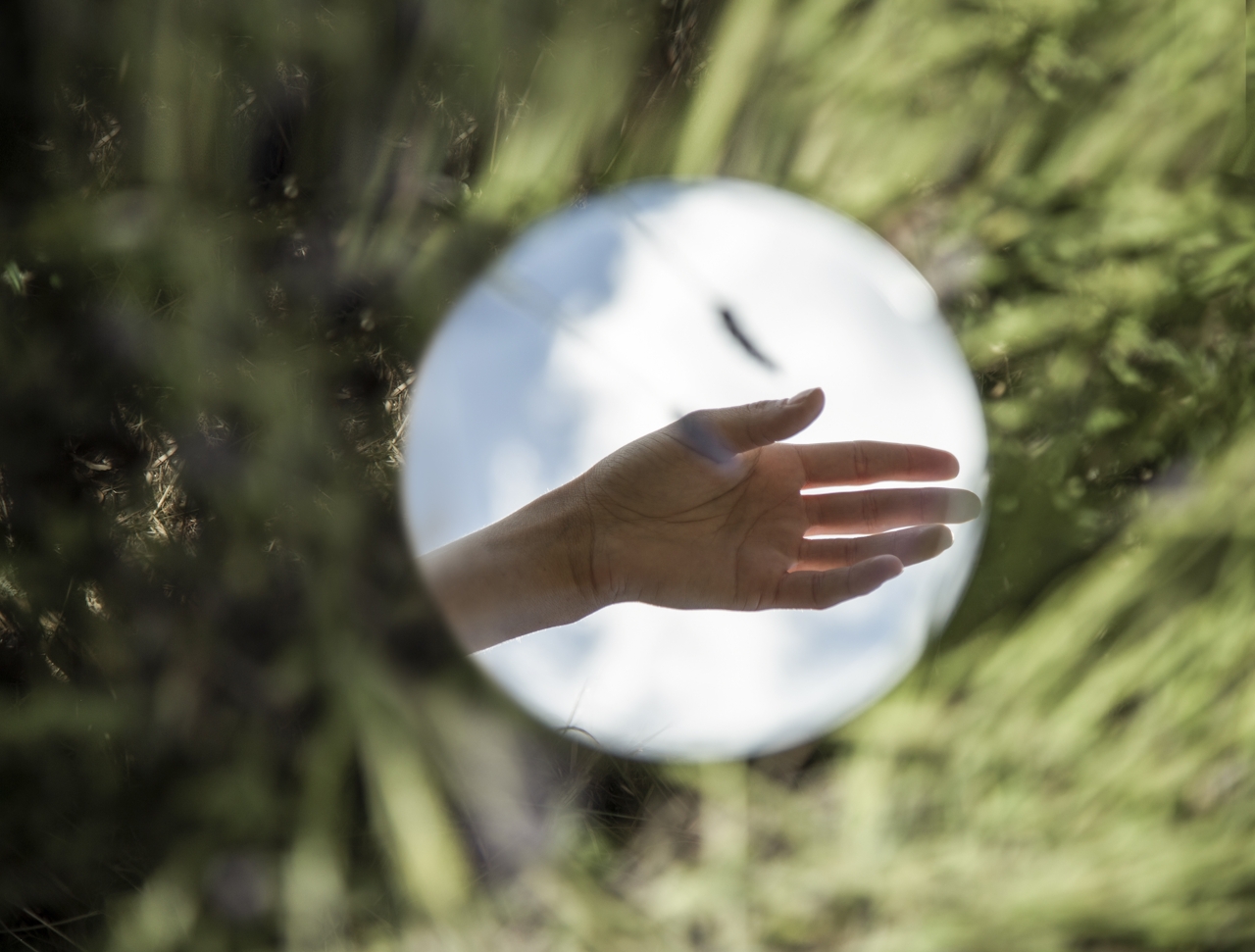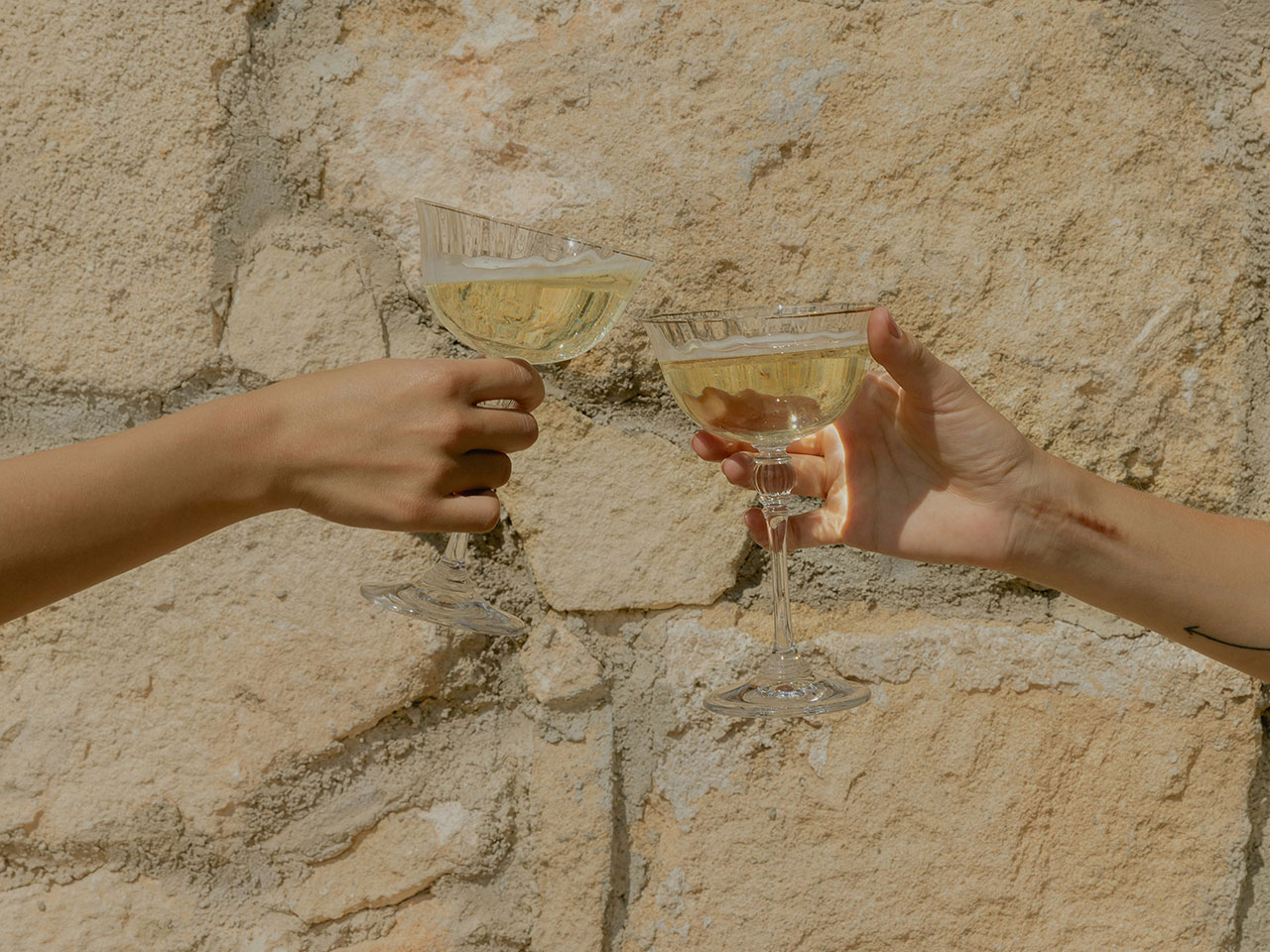Every philosophy rests on a foundation. For the Stoics, that foundation was virtue. Not wealth, not status, not pleasure—virtue.
Stoicism belongs to a family of thought we now call virtue ethics. Instead of asking, What outcome will this bring me? or What rule should I follow?, the Stoics asked, What kind of person am I becoming?
For them, the good life was not measured in trophies, comforts, or even the length of years. It was measured by the steadiness of one’s character. Wisdom, courage, justice, and self-discipline were the four compass points. To live by them was to live well, whatever fortune brought.
“Waste no more time arguing what a good man should be. Be one.” — Marcus Aurelius
This is the Stoic ethical framework in its simplest form. Act with virtue. Everything else is secondary.
Seneca reminded himself that life is short, and much of what we chase—praise, power, possessions—slips away quickly. Virtue, he argued, is the one thing that cannot be taken from us. Epictetus agreed: it is not events that make us good or bad, but the choices we make in response to them.
This can feel demanding, because it leaves us no excuses. It asks us to look inward, not outward, when considering what is right. But it can also feel deeply liberating. If our worth depends only on how we live—not on wealth, reputation, or outcomes—then peace is always within reach.
Virtue ethics reminds us that the world may not always reward integrity, but we can always choose it. And in that choice lies freedom.
Want to Go Deeper?
If you’d like to explore Stoicism’s place within virtue ethics—and how it continues to shape ideas of character and the good life—these books are a great place to start:
Enchiridion by Epictetus – A short handbook of Stoic practice, centered on living by reason and virtue.
Meditations by Marcus Aurelius – A timeless personal journal from a Roman emperor, filled with reflections on virtue, humility, and the daily practice of philosophy.
How to Be a Stoic by Massimo Pigliucci – A modern guide to applying Stoic virtue ethics in today’s world.
Reflection Prompt
Ask yourself this:
In a recent decision, were you focused more on the outcome or on the kind of person you were becoming? How would your choice change if virtue was the measure?






